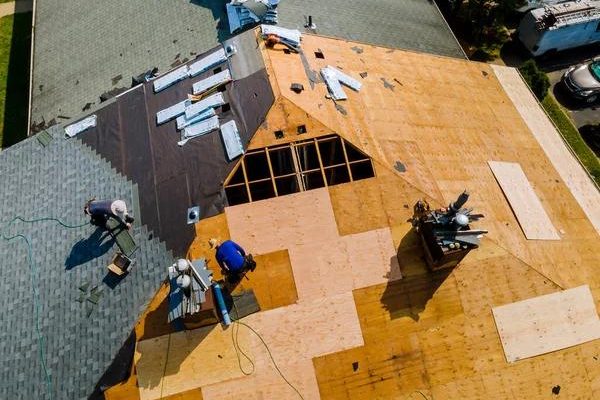How to Troubleshoot Your Water Heater Before Calling for Repair
When your water heater starts acting up, it can be a major inconvenience. You might find yourself without hot water for showers, dishwashing, or laundry. Before you pick up the phone to call a professional plumber, there are several troubleshooting steps you can take on your own. These simple checks could potentially save you time and money.
Firstly, if your water heater isn’t producing any hot water at all, check the pilot light if you have a gas water heater or the circuit breaker if it’s electric. The problem could be as simple as relighting the pilot or flipping the circuit breaker back to ‘on’. If these don’t work, then it might indicate that there is an issue with either the thermocouple (for gas heaters) or heating elements (for electric heaters).
Secondly, if your water heater repair but not enough for your needs, consider whether this started happening suddenly or has been gradually getting worse over time. If it’s sudden, someone may have adjusted your thermostat settings inadvertently. Check them and adjust as necessary; typically they should be set between 120-140 degrees Fahrenheit.
If this issue has been gradual over time though, sediment build-up in the tank could be causing this inefficiency by taking up space and making heating less effective. To solve this problem try flushing out your tank to remove any sediment which involves draining all of its contents then refilling it again.
Another common problem is discolored or smelly hot water which usually indicates corrosion inside your tank due to old age or poor maintenance practices like infrequent flushing of sediments from the tank. In such cases replacing anode rods which help prevent corrosion can often resolve this issue.
Lastly noise coming from your tank while heating could mean there’s too much sediment build-up at its bottom causing popping sounds when heated particles interact with each other during heating process – once again flush out sediments from tank to fix this one.
If after all these steps your water heater still isn’t functioning properly, then it’s time to call a professional plumber. However, by taking the time to troubleshoot on your own first, you can provide valuable information about what could be going wrong with the unit. This can help the repair process go more smoothly and quickly.
Remember that while some troubleshooting and minor repairs are safe for homeowners to perform themselves, anything involving gas lines or electrical work should always be left to professionals due to associated safety risks. Regular maintenance of your water heater including draining and flushing at least once a year will also prolong its life and ensure it functions efficiently saving you energy costs in long run.
Trust 1 Services Plumbing, Heating, and Air Conditioning
11-17 Newbury St #2, Quincy, MA 02171
617-905-1366





0